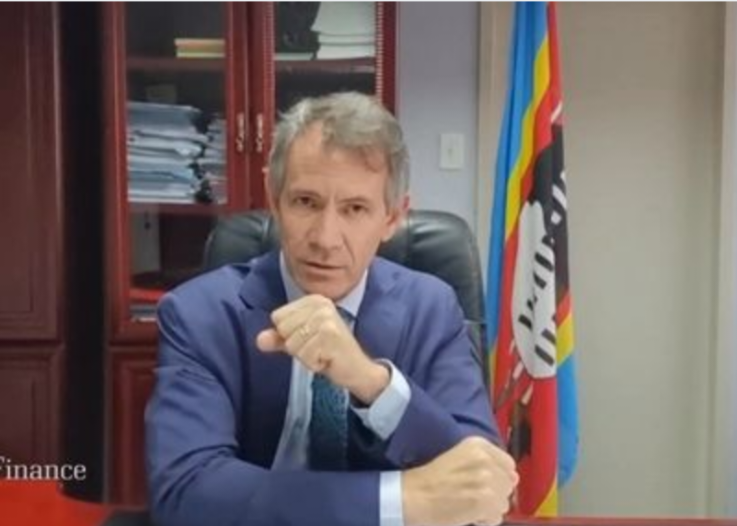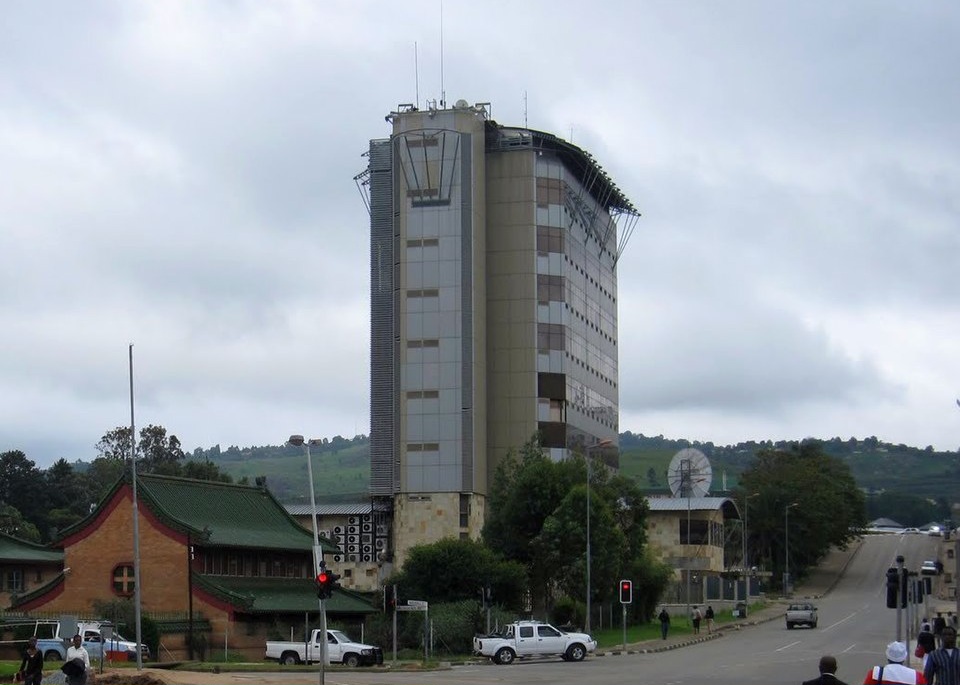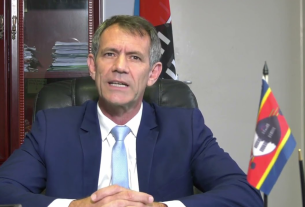BY MBONO MDLULI
MBABANE – Minister of Finance Neal Rijkenberg has praised the Central Bank of Eswatini (CBE) for having been able to manage inflation in the past five years.

Rijkenberg said this today (Tuesday, November 12, 2024) during the #FinanceInFocus programme. The minister said the CBE managed inflation by monitoring the repo rate (central bank rate). The repo rate is the interest charged to commercial banks for borrowing from the central bank.
The repo rate, according to the minister, had an impact on the economic growth. He said if the economic growth was accelerating, the CBE would have to use the repo rate to control the growth, which could cause inflation to be out of hand. Rijkenberg said inflation had a problem because it could make people have difficulty in affording goods and services.
He said if the growth happened without inflation in the country, that would be nice and they would not have to manage it with inflation. However, if the opposite happened, they would have to increase the costs of debt to control inflation. He said the CBE had a committee that looked into that to ensure that the impact on the poor was not that bad.
“I commend the Central Bank on that role because if you look at the last five years, one can see that CBE has been able to lower the inflation rate, probably better than everyone in the region,” Rijkenberg said. He said the CBE also had other responsibilities and the main one was to keep the consolidated funds of Government.
He said most of the money that was made by Government was kept at the CBE. Rijkenberg described the CBE as the Government’s bank. CBE also protected Government from itself, according to the minister, especially when it came to managing the country’s reserves. Rijkenberg said the reserves were kept in foreign currencies and were important because they came in handy when they were supposed to be used to buy goods and services from foreign countries.
According to Rijkenberg, Governments could be tempted to run out of foreign reserves, trying to spend all the money available to deliver services to the people, which could be dangerous. The CBE was there to ensure that such situations did not happen. The minister said the reserves should last up to three months and the CBE was working with Government to improve that to four.
Rijkenberg said the job of the CBE was to print money, but that would be done looking at the gross domestic product (GDP). The minister pointed out that the more the money was printed, the more the reserves would be depleted. As the GDP grew, according to the minister, the printing of the money would increase slightly and that would create a bit of liquidity for the country.
The minister said the CBE also allowed South African Rands to circulate in the country and that was one of the ways to keep the country’s currency (Emalangeni) to be pegged to the Rand. He said South Africa paid certain amount for that, which he said ran into a few hundreds of millions of Emalangeni for that.





